Day 5: Bridging uncharted waters
The last day of Library Research Week 2022 started out with a workshop on how to improve your impact as a researcher. Marié Roux, Manager of the Library’s division for Research Impact Services, took the participants through the steps on how to improve the online visibility of their research and why this is important. She explained why it is important to create unique author IDs (ORCID, Google Scholar, etc.), populate their profiles on academic network sites (ResearchGate) and showcase their research on social media (LinkedIn, Twitter). The last part of the workshop was about how to monitor your impact as an author with databases such as Web of Science, Scopus, scite, Dimensions and Altmetric.
Samuel Simango, the Manager for Research Data Services then presented a session on how to handle sensitive research data. This was an excellent workshop where he explained the SU research data governance framework and shared information on secure storage of sensitive research data and the de-identification thereof. The session ended with some data sharing principles which should be adhered to when you work with sensitive data.
The week ended on a high note with a session by Wiley on the topic of the recent Read and Publish Open Access Agreement that has been implemented. The two presenters, Janice Rimbault and Fabio DiBello, took the participants through the author workflow of how to submit a manuscript to a Wiley hybrid journal and get the APC covered through this agreement. This was a valuable practical look at how this works and we will definitely be able to re-use the recording when authors need to know more about the workflow.
Siviwe Bangani, the Director for Research Services, then concluded the week by giving thanks to all presenters and participants.
Author: Marié Roux
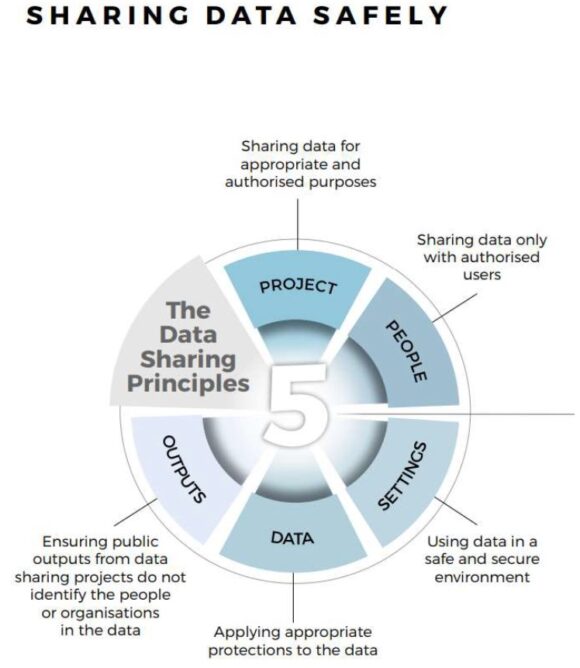

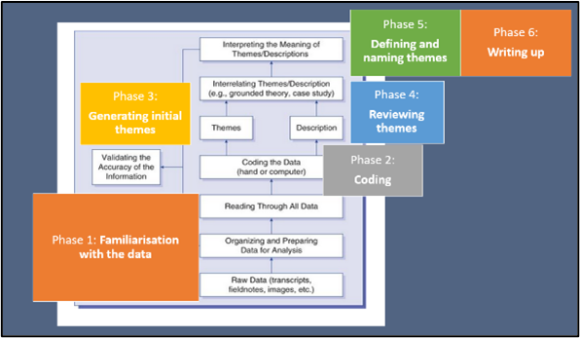
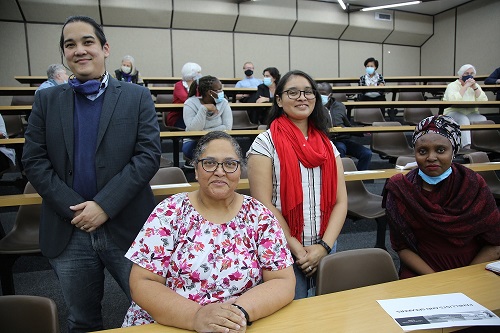

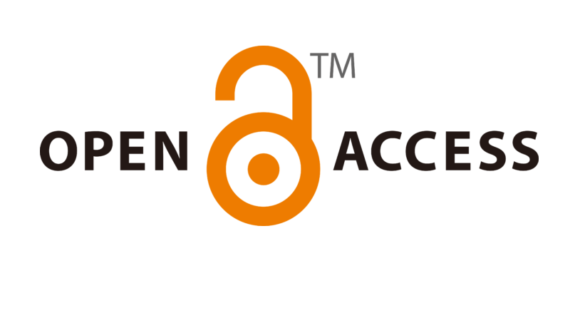
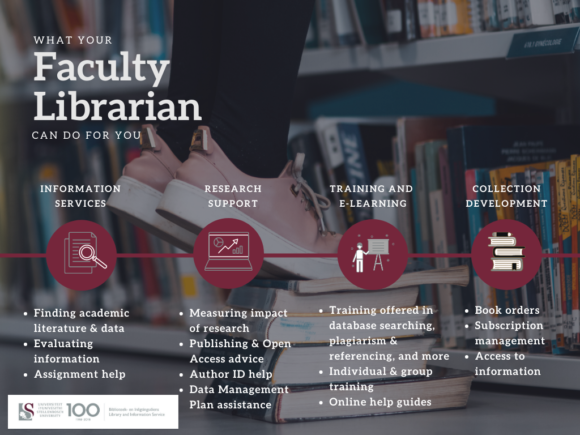


Recent Comments